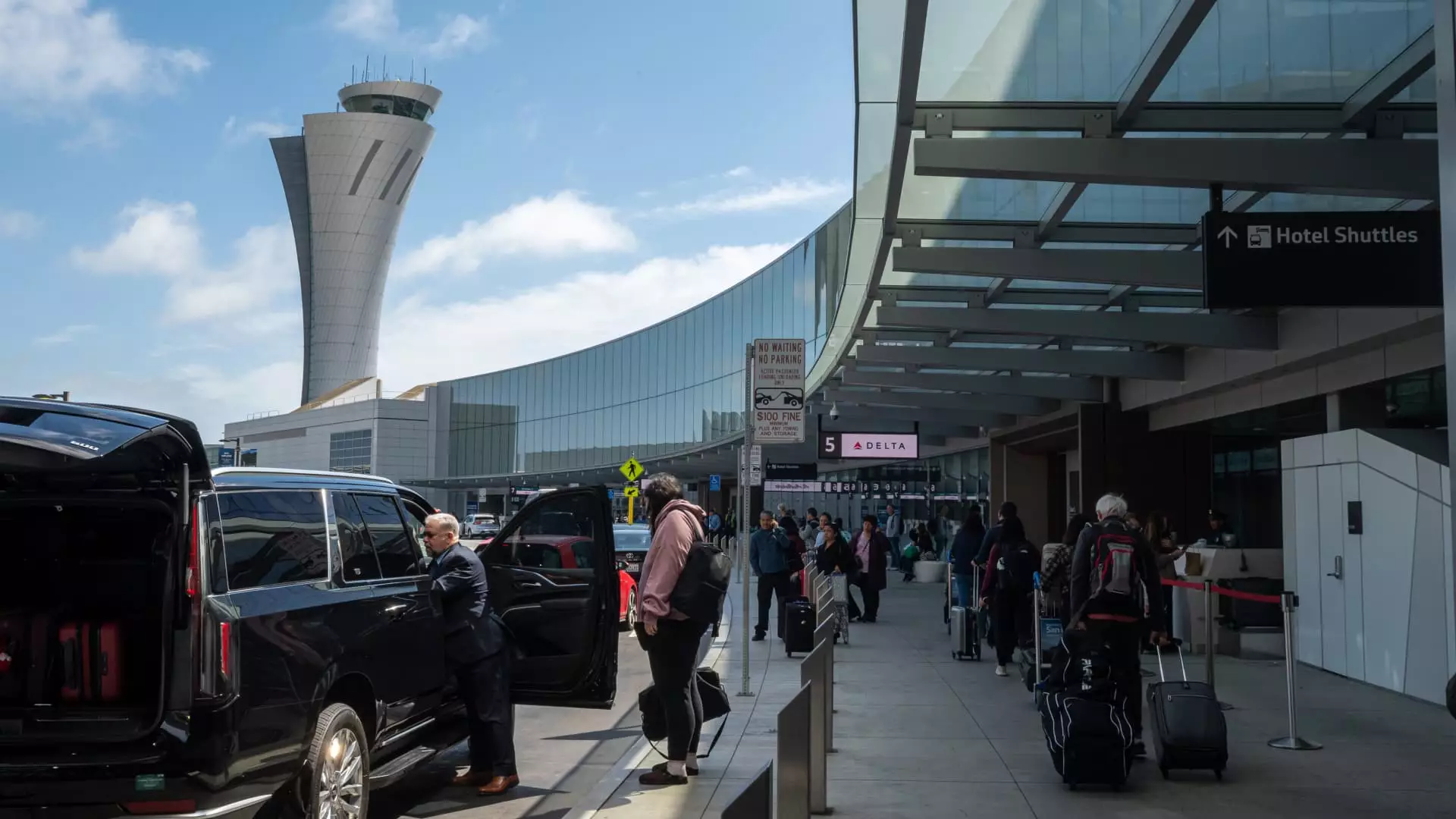In recent years, the United States has witnessed a troubling shift towards aggressive immigration enforcement that often neglects the fundamental rights of its residents and visitors. The case of Tae Heung “Will” Kim exemplifies how this crackdown, while purportedly aimed at national security, often inflicts serious harm on individuals whose ties to the country run deep. Kim, a man who’s spent most of his life in the U.S., was detained for over a week at San Francisco International Airport—an environment ill-equipped to handle complex legal processes—sleeping in chairs and surviving solely on airport food. This distressing ordeal highlights a broader failure: the system’s inability or unwillingness to distinguish between genuine threats and minor infractions, especially when lives are on the line.
Despite being a legal permanent resident—a status that should grant him protections—Kim faces deportation over a misdemeanor marijuana charge from 2011. The irony is stark; his offense was minor, sealed from the public record after fulfilling community service, yet it is now being leveraged to justify his detention. This aligns with a disturbing trend where minor legal infractions, especially those linked to drug use, are weaponized to strip individuals of their stability and security. The system’s rigidity dismisses the nuanced realities of migrants who have devoted decades to establishing their lives in America, turning their integration into a threat that can be simply dismissed or ignored.
Administrative Overreach and the Erosion of Due Process
Kim’s ordeal underscores how immigration enforcement agencies often operate with a level of bureaucratic overreach that defies judicial and constitutional safeguards. His detention took place outside the scope of traditional legal settings—inside bustling airports where security protocols prioritize border security over individual rights. The fact that he was moved between small, windowless rooms, denied meaningful access to legal counsel, and only allowed brief, limited communication is profoundly troubling. It reveals a culture where the rights of individuals are subordinated to the perceived exigencies of immigration enforcement.
This practice raises questions about the very foundation of due process in America. Airports are not detention centers—they are transit points, meant for movement, not incarceration. For a legal permanent resident like Kim, whose case involves complex legal and personal histories, this process should have involved judicial review, legal representation, and appropriate privacy. Instead, he was subjected to the whims of fast-moving immigration officials who appear more interested in enforcement metrics than justice.
The Political Climate: A Double-Edged Sword
Kim’s case cannot be viewed in isolation but as part of a broader political landscape that has increasingly criminalized immigration. Under the Trump administration, immigration policies shifted decisively towards zero-tolerance strategies that disregarded individual circumstances and often bypassed traditional legal safeguards. While these policies aimed to send a message of deterrence, they often resulted in innocent or low-risk individuals being caught in the crossfire—an unfortunate consequence of prioritizing border control over humane treatment.
Although the political tides have shifted somewhat, the underlying mentality persists in many enforcement agencies. The systemic flaws are entrenched, leading to the detention and deportation of individuals who pose no significant threat and have longstanding roots in American society. This has led to a growing disconnect between public values—centered on fairness, compassion, and justice—and the reality of enforcement practices that seem systemically punitive rather than rehabilitative.
Challenging the System: A Call for Reform
Kim’s story should provoke reflection and demand change. Detaining someone for over a week in an airport, with minimal legal protections, is a stark indicator that the current system prioritizes enforcement over fairness. The political and social ramifications are profound: lives are torn apart, families are fractured, and communities are strained under the weight of a system that appears increasingly unmoored from constitutional principles.
Reform must begin with recognizing the humanity of those caught in this web of enforcement. A more balanced approach is essential—one that emphasizes due process, legal transparency, and the differentiation between minor infractions and genuine threats. Furthermore, the legal protections for permanent residents must be reinforced, ensuring that minor past misdemeanors cannot be weaponized to destroy lives years later.
While some may argue that strict enforcement deters illegal activity, the broader societal cost cannot be overlooked. A system that operates with a punitive fervor, especially against those who have contributed to American society, undermines the moral fabric of the nation. It fosters fear, erodes trust, and ultimately weakens the foundational ideals of fairness and justice that America claims to uphold.
By critically examining cases like Kim’s, society is compelled to question whether current policies align with shared values or merely reflect a misguided pursuit of security at any cost. The need for reform is urgent—not just for individuals like Kim, but for the integrity of America’s promise as a land of opportunity and justice.


Leave a Reply